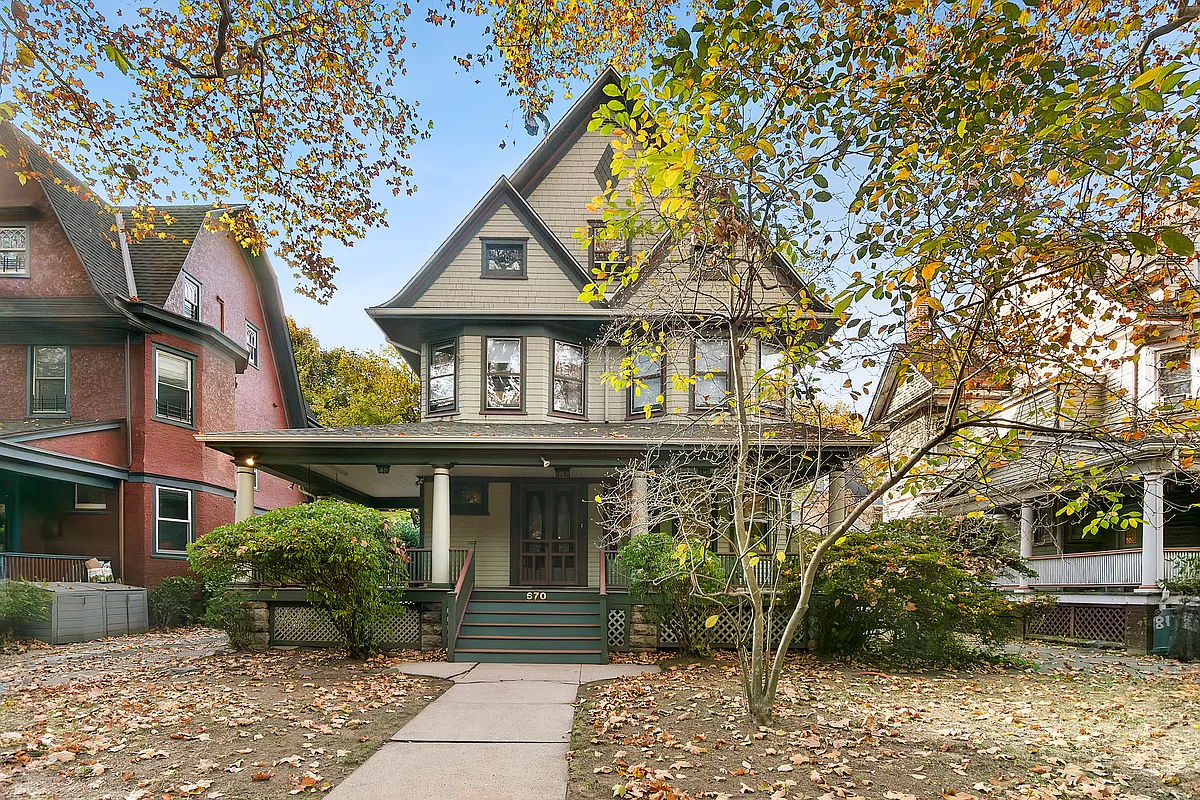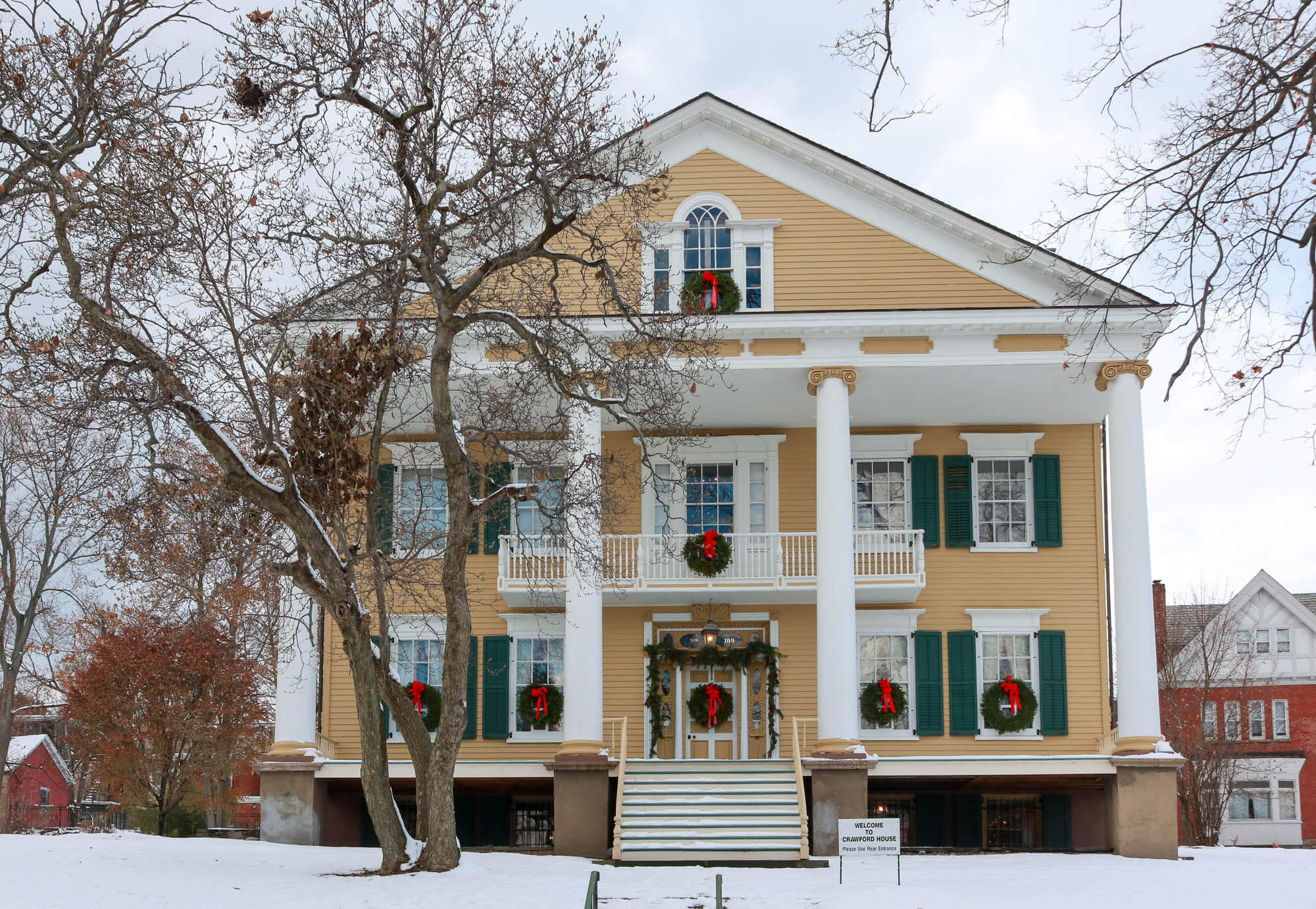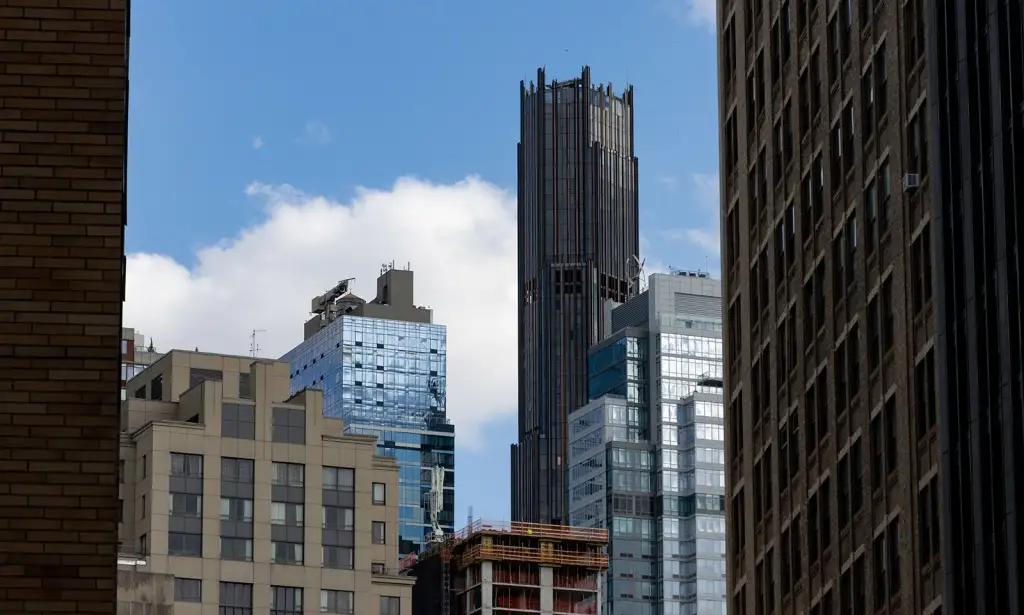Staycation: Weeksville Heritage Center
[nggallery id=”46427″ template=galleryview] For many of us, staycations are this year’s vacations. Instead of the cottages and castles of the Continent, visit one of New York’s fascinating house museums. Each week, for the entire summer, we’ll alternate between a site in New York City, or one in greater New York State. Many of these houses…
[nggallery id=”46427″ template=galleryview]
For many of us, staycations are this year’s vacations. Instead of the cottages and castles of the Continent, visit one of New York’s fascinating house museums. Each week, for the entire summer, we’ll alternate between a site in New York City, or one in greater New York State. Many of these houses are in danger of closing if we don’t patronize them. Check them out, and go visit! If you’ve been, please leave comments and suggestions, including dining or any other amenities.
Name: Weeksville Heritage Center
Location: Crown Heights North,
Address: 1698 Bergen Street, between Buffalo and Rochester, Brooklyn, NY, 11213
Hours: Tuesday through Friday, 10-4:30. Walk-In Tours: Tues-Fri. 1, 2, 3pm
Admission: Adults: $5.00, Students and seniors: $4.00
Children: Under 8: Free
Website: www.weeksvillesociety.org
Directions: A/C , or 4/5 to Utica Avenue, walk to Bergen St. See website for more details.
Details: In 1838, James Weeks, a stevedore, bought a parcel of land in the Ninth Ward from Henry C. Thompson. They were both free men of color, and this sale took place only eleven years after the end of slavery in NY state. A town grew up around James Weeks’ home on Atlantic Ave and Buffalo Ave, and Weeksville was to be home to ministers, teachers and other professionals, including the first female African-American physician in New York state, and the first African-American police officer in New York City. By the 1850’s Weeksville had a population of over 500 people, and had its own churches, a school, an orphanage, a cemetery, an old age home, an African-American benevolent society and one of the first African-American newspapers, the Freedman’s Torchlight. The town became a safe haven during the Draft Riots of 1863, protecting many people from the mobs that terrorized Manhattan.
As subways and buses replaced trolleys and carriages, Brooklyn changed and grew. The Weeksville area was folded into the greater neighborhood, all considered to be part of greater Bedford Stuyvesant, and the town was more or less forgotten. In 1968, historian James Hurley, and local resident and pilot, Joseph Hayes, were doing a research project at Pratt, and found references to Weeksville and the old Hunterfly Road, which passed through the area. They took to the air and saw what was left of Hunterfly Road, as well as the small, forgotten houses on it, nestled amidst the much later neighborhood. Time was of the essence, as the city was preparing to tear down the entire area for new housing. The Weeksville Project, with the unflagging support of the community, archeologists, and historians, saved the houses, and began the slow process of preservation and protection. Today, the Weeksville Heritage Center is a landmarked site, and is on the state and national registry. The houses on Hunterfly Road were restored to their mid and late 19th century origins, and are an important part of the history of Brooklyn. The Heritage Center’s tour introduces visitors to life in a 19th century African American town that was successful, self sufficient, yet part of greater Brooklyn. More buildings are still being found in the area, a fascinating search in of itself, and the Center is a growing repository of information, an important resource that should be utilized by anyone who is interested in the complete history of Brooklyn.
Note: Public television prepared an excellent piece about Weeksville, available here.









Sounds like a fascinating place — I’ve been meaning to visit. Has anyone been with an elementary aged kid? I’m wondering if there is a guided tour or worksheet or something that might help a younger child appreciate the place. I’d appreciate any feedback.
I’m amazed these places survived. Its great they did. My kids school should be taking trips here.
We’ve been meaning to go here forever.
What a coincidence. I drove by Hunterfly Road last night on the way back from a day trip to the beach, and (just seeing the street sign) remarked, I want to live on a street called Hunterfly Road.
And Dorothy Minor was counsel at the Landmarks Commission.
Sorry, Dorothy Maynard was an opera singer. I’m getting all of my former professions mixed up here. You are quite right.
Joan Maynard.
I knew her quite well.
..and Jim Hurley, and many others…
Minard, I’m meeting with them next week, on a related subject, and intend to do a larger Walkabout piece on Weeksville soon. You are right, Dorothy Maynard, one of the heroines of Weeksville’s preservation, is still a local legend.
Thanks for posting this, MM. I’ve been meaning to check out the museum, and the founder’s story is both intriguing and commemorable. Imagine blazing your way as a property owner as a person of color, when it was rarely heard of. Great story.